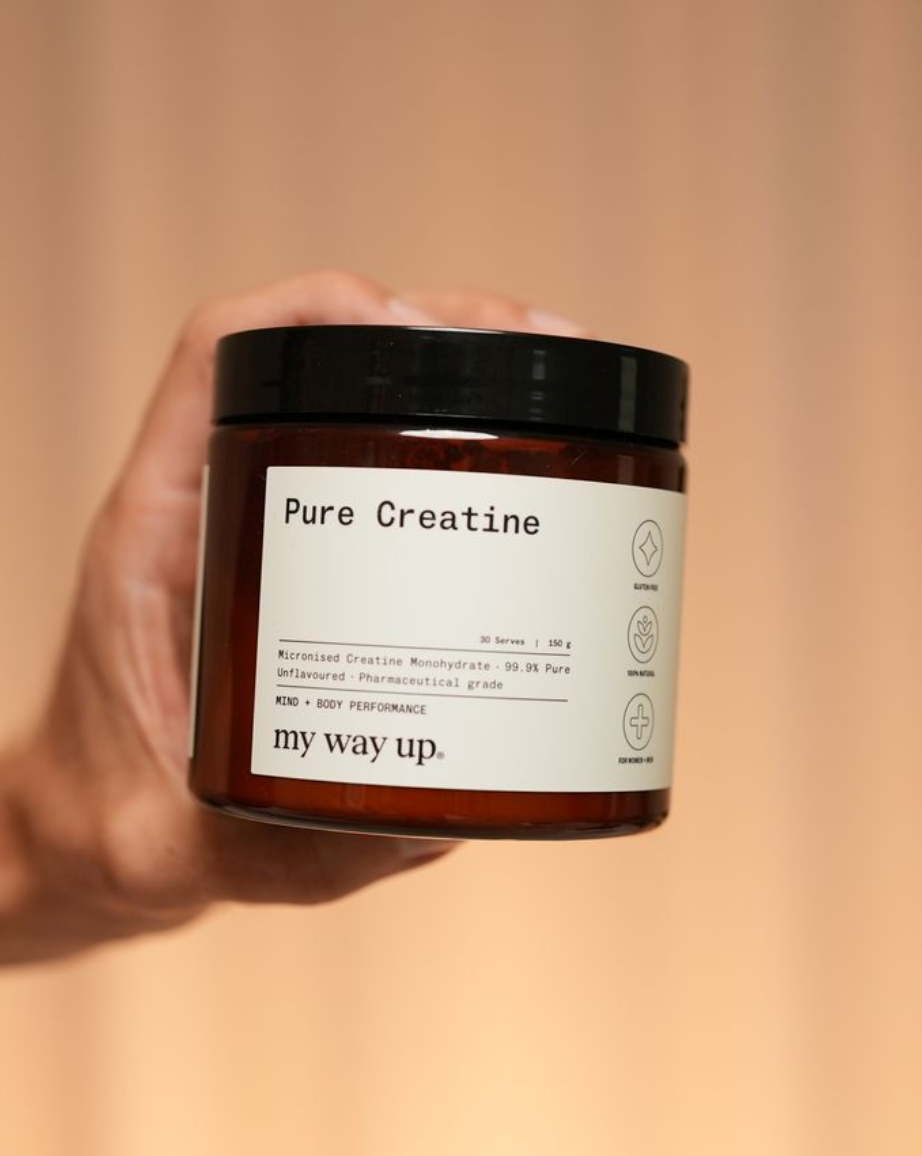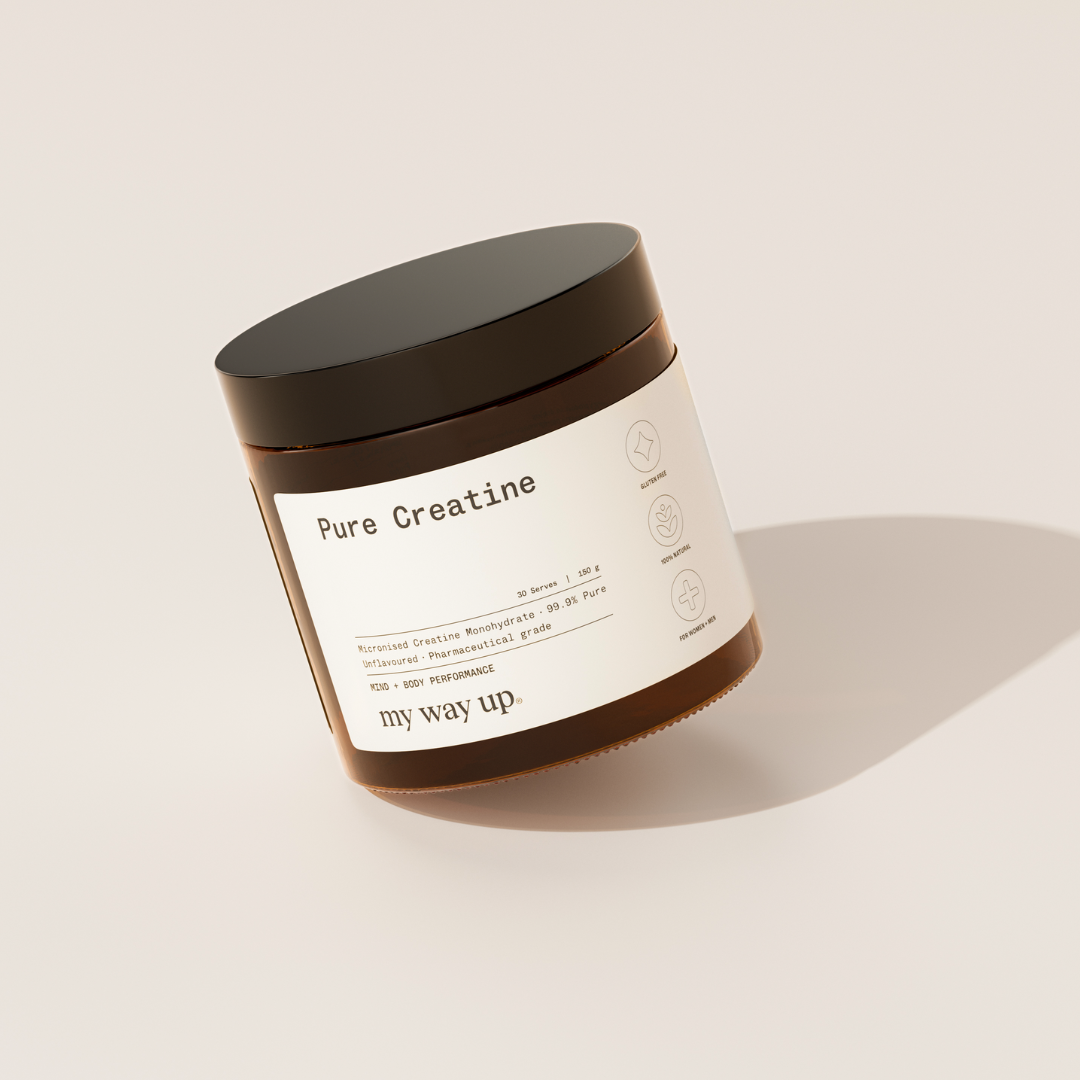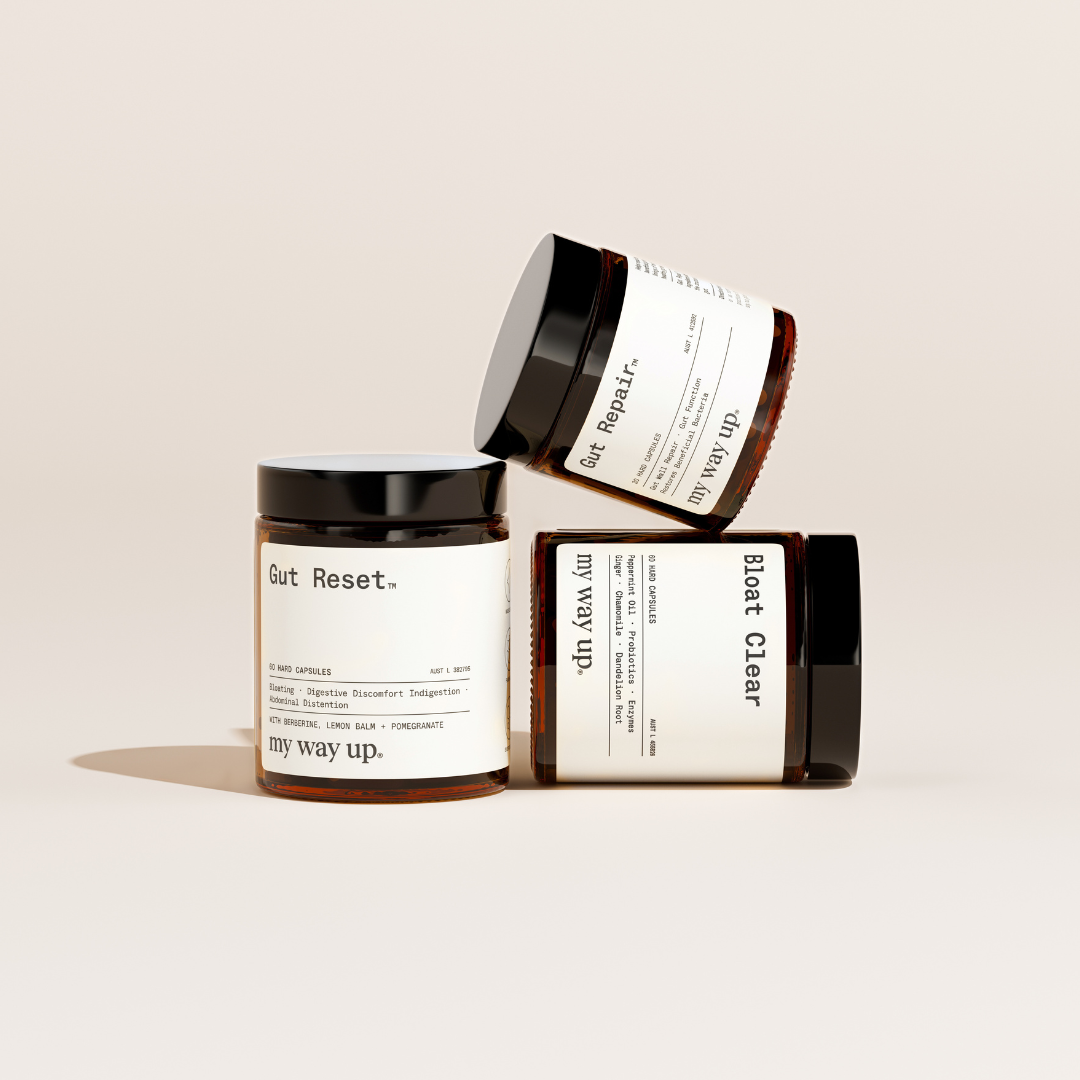1.
Balestrino M, Adriano E. Beyond sports: Efficacy and safety of creatine supplementation in pathological or paraphysiological conditions of brain and muscle. Med Res Rev 2019;39:2427–59. https://doi.org/10.1002/med.21590.
2.
Cordingley DM, Cornish SM, Candow DG. Anti-Inflammatory and Anti-Catabolic Effects of Creatine Supplementation: A Brief Review. Nutrients 2022;14:544. https://doi.org/10.3390/nu14030544.
3.
Chilibeck PD, Candow DG, Gordon JJ, Duff WRD, Mason R, Shaw K, et al. A 2-yr Randomized Controlled Trial on Creatine Supplementation during Exercise for Postmenopausal Bone Health. Med Sci Sports Exerc 2023;55:1750. https://doi.org/10.1249/MSS.0000000000003202.
4.
Prokopidis K, Giannos P, Triantafyllidis KK, Kechagias KS, Forbes SC, Candow DG. Effects of creatine supplementation on memory in healthy individuals: a systematic review and meta-analysis of randomized controlled trials. Nutr Rev 2023;81:416–27. https://doi.org/10.1093/nutrit/nuac064.
5.
McMorris T, Mielcarz G, Harris RC, Swain JP, Howard A. Creatine supplementation and cognitive performance in elderly individuals. Neuropsychol Dev Cogn B Aging Neuropsychol Cogn 2007;14:517–28.
6.
Cribb PJ, Hayes A. Effects of Supplement Timing and Resistance Exercise on Skeletal Muscle Hypertrophy. Med Sci Sports Exerc 2006;38:1918. https://doi.org/10.1249/01.mss.0000233790.08788.3e.
7.
Forbes SC, Candow DG, Ostojic SM, Roberts MD, Chilibeck PD. Meta-Analysis Examining the Importance of Creatine Ingestion Strategies on Lean Tissue Mass and Strength in Older Adults. Nutrients 2021;13:1912. https://doi.org/10.3390/nu13061912.
8.
Candow DG, Little JP, Chilibeck PD, Abeysekara S, Zello GA, Kazachkov M, et al. Low-Dose Creatine Combined with Protein during Resistance Training in Older Men. Med Sci Sports Exerc 2008;40:1645. https://doi.org/10.1249/MSS.0b013e318176b310.
9.
Azevedo KS, Machek SB, Lewis AE, Azevedo WJS, Willardson JM, Pereira R, et al. Creatine Supplementation Improves Muscular Performance without Additional Impact on the Cardiovascular System in Trained Women. Muscles 2022;1:121–32. https://doi.org/10.3390/muscles1030013.
10.
Amiri E, Sheikholeslami-Vatani D. The role of resistance training and creatine supplementation on oxidative stress, antioxidant defense, muscle strength, and quality of life in older adults. Front Public Health 2023;11. https://doi.org/10.3389/fpubh.2023.1062832.
11.
Ostojic SM, Stea TH, Ellery SJ, Smith-Ryan AE. Association between dietary intake of creatine and female reproductive health: Evidence from NHANES 2017–2020. Food Sci Nutr 2024;12:4893–8. https://doi.org/10.1002/fsn3.4135.








